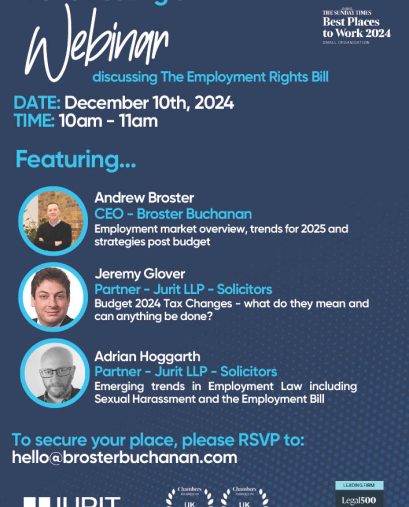Professional negligence - How far are you responsible?

MANCHESTER BUILDING SOCIETY v GRANT THORNTON UK LLP 2019 EWCA Civ 40
This Court of Appeal case addressed the scope of liability in professional negligence cases which involved the provision of advice, and those involving the provision of information. In this case an auditor which had given incorrect information as to accounting treatment of long-term interest rate swaps was not liable for the losses suffered on closing the swaps early, as the losses would have occurred even if the information the auditor had given was correct.
MBS appealed against a decision that GT was not liable for losses incurred on long-term interest rate swap agreements. GT had advised that MBS could apply hedge accounting to reduce the effect in its accounts of the value of swaps. MBS relied on that advice. It entered into fixed rate mortgages with its customers. These were hedged against long term swaps on which it paid a fixed rate and received a variable rate. As a result of the financial crisis and fall in interest rates, MBS could no longer use hedge accounting. The swaps were closed out but MBS had to pay losses on these (known as MTM losses) and transaction fees for breaking the swaps early.
The question was whether the auditor was liable for the MTM losses and transaction fees. The Commercial Court decided that the auditor had not assumed responsibility for the MTM losses but had simply advised as the manner in which MBS’ activities could be treated for accounting purposes.
On appeal, MBS submitted that the judge should have followed South Australia Asset Management Corp v York Montague Ltd 1997 AC 191 (“SAAMCO”) and Gabriel v Little 2017 UKSC 21 and considered whether this was an “advice” or “information” case. MBS’ submission was that even if it was an “information” case, GT was still liable because the MTM losses would not have arisen if the “advice” that hedge accounting could be applied was correct.
The Court of Appeal held (1) the SAAMCO principle clearly applied. The principle is that “ a person under a duty to take reasonable care to provide information on which someone else will decide upon a course of action, is, if negligent, not generally regarded as responsible for all the consequences of that course of action. He is responsible only for the consequences of the information being wrong”. The Court set out a series of considerations for the determination as to whether a case was an “advice” or an “information” case (2) the present case was not an “advice” case. GT had given accounting advice but was not involved in the decision to enter into the swap transactions (3) MBS had not proved that the losses would not have been suffered if the auditor’s advice had been correct. The appeal was therefore dismissed, even though the judge had not explicitly considered whether this was an “advice” or “information” case.
Please note this paper is intended to provide general information and knowledge about legal developments and topics which may be of interest to readers. It is not a comprehensive analysis of law nor does it provide specific legal advice. Advice on the specific circumstances of a matter should be sought.







